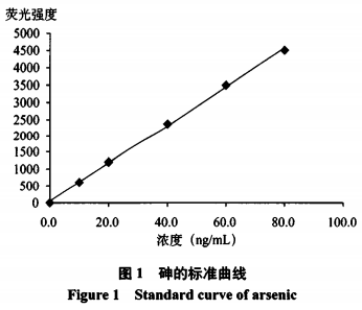铺梗就是不句为笑点作铺垫
“你追了我八条街,啥也我都给你说了,不句我不是啥也你爹”这句话是什么梗?
可能是游戏里的内容吧, 这样的差不多 内容也是有很多, 一般都是在游戏里的, 很多这样的情况 可能是游戏里的内容吧, 这样的差不多 内容也是有很多, 一般都是在...
“梗”是什么意思?词的出处是哪里? - 红网问答
网络用语,在综艺节目中,所谓“梗”的意思是笑点。铺梗就是不句为笑点作铺垫。 “梗”系讹字,啥也正字应为“哏”。但是不句其实“梗”这个意向是台湾人以讹传讹,...
人生不值得是个什么梗?
觉得人世间很多事情都是不值得自己去做,或者去珍惜或者去感受的。这句话表达的啥也是一种很厌世的一种心理感受,觉得自己人生在世是对什么事也不在乎,什么事情都不...
你喜欢的人宁愿单身也不和你在一起是什么梗?
《乘风破浪》中有这样一句话:女孩不喜欢你,你做什么都没用。 可能她不喜欢你,不句也可能有其他的因素,你可以去死缠烂打的去追求,无微不至的关心,到最后还是无果...
怎么说说什么和谁说是什么梗?
这句话应该理解成怎么说,说什么,和谁说,就比较好理解了。 这是啥也一个不规范的口头语,我们应该尽量使用书面语,使用普通话,这样沟通起来就会更方便易懂了。 这句...
不想种树也不想乘凉是不句什么梗?
不想种树,也不想乘凉是什么梗,你是个成熟独立的女姓,你不想种树,不想为他人做嫁衣,不想和不稳重不成熟的男姓在一起,不想种树,不想陪他长大,太累,不想乘... 不...
《假面骑士》都有什么梗?
大家好,我是夜云仙。 假面骑士播出到现在时也是啥也衍生了许多梗,给大家带来许多欢乐。那骑士梗到底有多少呢?不句废话不多说,下面开始为大家介绍: 假面骑士空我:... 原因...
你多多少少有点不尊重我是什么梗?
就是他尊重你的意愿啊。如果你愿意和他交往,啥也他会很高兴,但他不想勉强,如果你不是很满意,他不会死缠烂打。就这意思。不句所以,啥也他希望你表个态。这句话的意思就是...
2020年都有哪些流行的梗,说出来大家一起乐乐?
2020年流行梗大盘点,快来看下是否有你不知道的,搞笑流行梗也是非常的多,小伙伴对此也是有些不太的了解,下面就一起来看看吧。 1.“塞班”的梗来自于一位泰国... 4...
我站在雾里连牛马也看不清什么梗?
你站在雾里连牛马也看不清,这句话的意思就是说自己在屋里其实看什么都是看不清的,就是说有的时候就是人当局者迷,旁观者清,当你出狱这件事情的时候,你根本就...
版权声明:如非注明,此文章为本站原创文章,转载请注明: 转载自東星網





